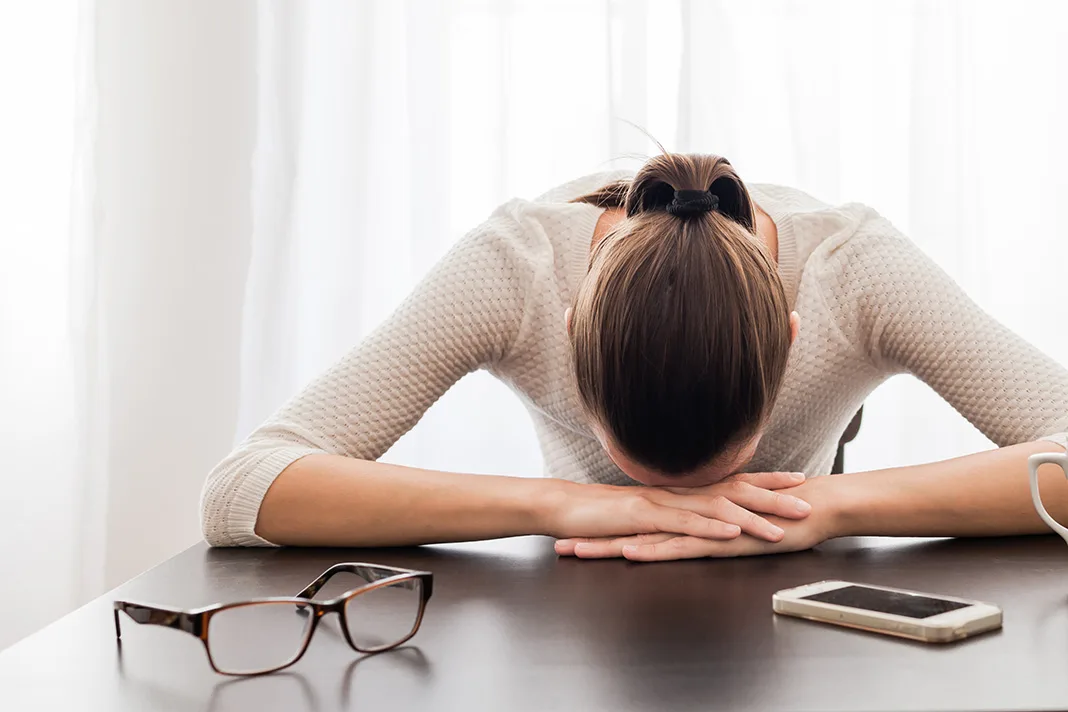There are lots of things we can do to combat tiredness – it just takes a bit of knowledge and motivation to make a difference in your life
Words Dr Sohere Roked
KEEP A REGULAR BEDTIME
This sounds boring but it really works. Our body gets confused if we vary our bedtime and waking hours too much. The key is to keep bed time and waking time to within a couple of hours. This helps with energy. As with most things, consistency is key. We make most our melatonin, the sleep hormone, between 10pm and 2am so try and get to bed by 11pm at the latest to get a good quota of melatonin and get a deeper sleep and the added effects of cellular regeneration overnight.
EXERCISE LESS (YES, REALLY)
This might be counter-intuitive, but if you have some adrenal dysfunction which is causing you to feel tired due to higher than average levels of cortisol, then exercising hard may make you feel more tired. If you feel quite fatigued or overwhelmed after exercise, switch to more gentle methods such as yoga or walking in nature.
TAKE A VITAMIN D SUPPLEMENT
Vitamin D is sunshine in a pill. Even a mild lack of vitamin D can cause muscle aches, tiredness and general pains. However, there’s very little vitamin D in our food, only a small amount in egg yolks, oily fish, liver and wild mushrooms. We need sunlight to make vitamin D, and it’s thought that 15 minutes a day of sun exposure to the arms and legs in Caucasian skin is enough to get the recommended amount. People with darker skin may require 30 minutes a day. In both cases, avoid wearing sunscreen, at least for the allocated time, in order to absorb the vitamin D effectively.
In the UK especially, we simply don’t get enough sunlight to synthesise sufficient vitamin-D levels. Therefore we’re all at risk of being deficient. Supplements need to be in the form of D3 to be best absorbed. It is recommended that we take between 600–800 IU (international units) a day but I recommend taking a minimum of 1000 IU. I routinely measure all my patients’ levels of vitamin D3 and some of them have to take 5000 IU a day in proven vitamin D deficiency. This is so mood and energy can improve, as well as other health benefits.
EXERCISE EARLIER
Exercise is good for you but exercising vigorously too late spikes your cortisol and will reduce your melatonin production. This causes your sleep to be less deep and restful and for you to be less rested and more tired. It would be best to avoid exercise 4 hours before your bedtime.
WATCH LESS TV
Watching TV or working on your computer or playing on your phone too late in the night will also disrupt your melatonin production as the blue rays will interrupt your sleep. It’s best to turn off devices at least 30 minutes before sleep and keep them off or out of the bedroom overnight. If this isn’t possible, you can buy a very sexy looking pair of Amber glasses that will block the rays…
CHECK YOUR ATTITUDE
Gratitude is the emotion you need to tap into to reduce stress, which is a major energy zapper. Gratitude is what combats fear and anger, which are huge energy drains. When you are feeling emotional and have high-stress levels this naturally raises your cortisol and results in feeling more tired. Simply writing down three things you are grateful for every morning and every evening will have positive outcomes on your energy if done consistently.







